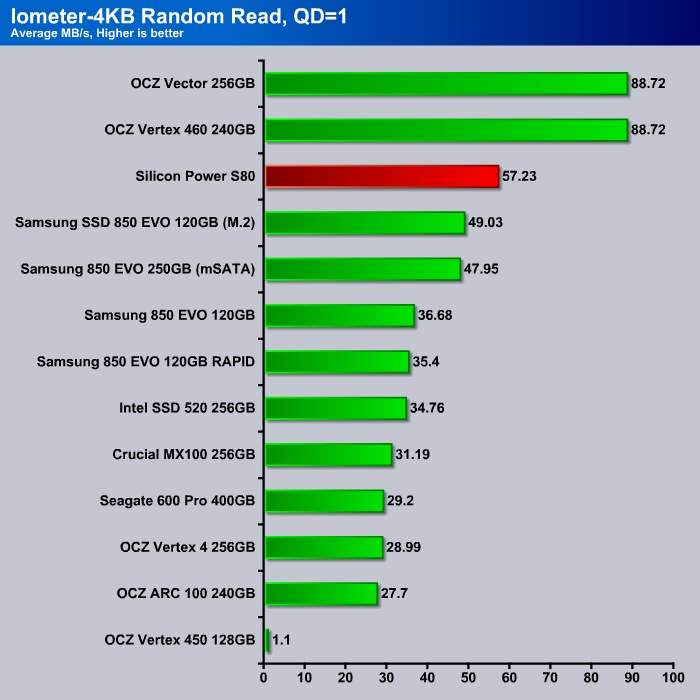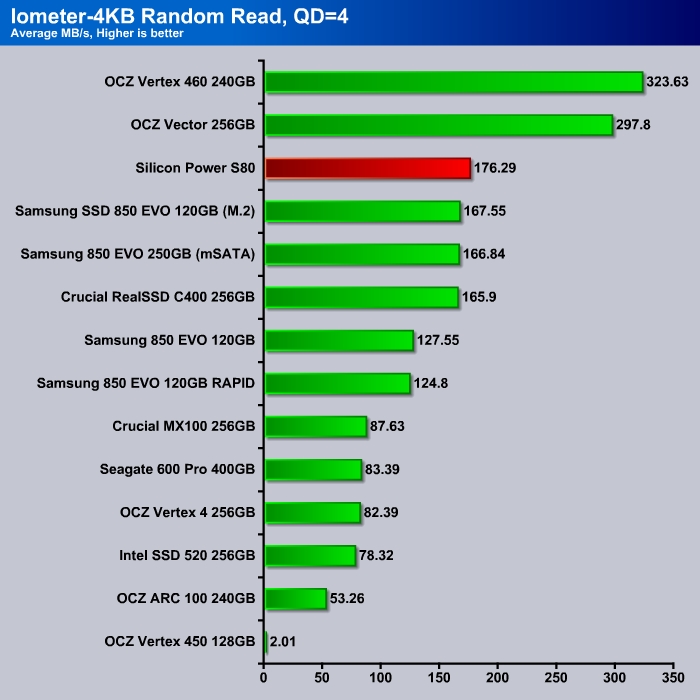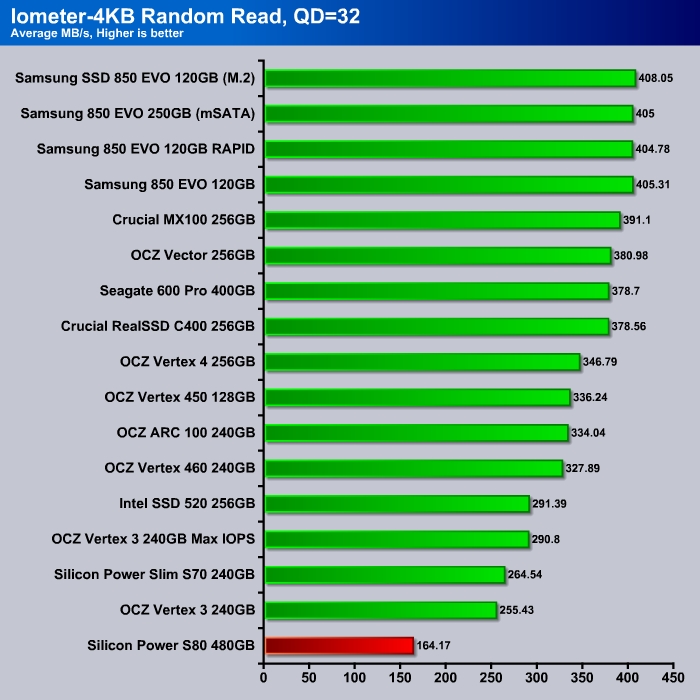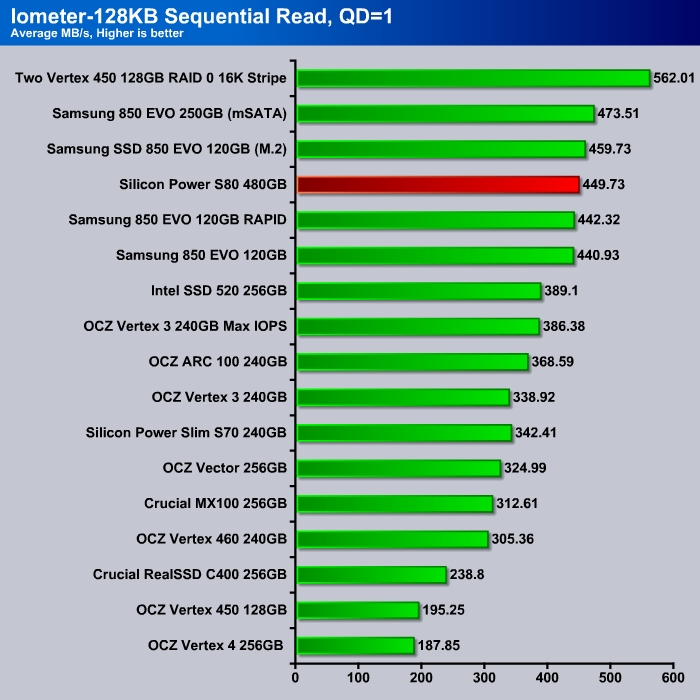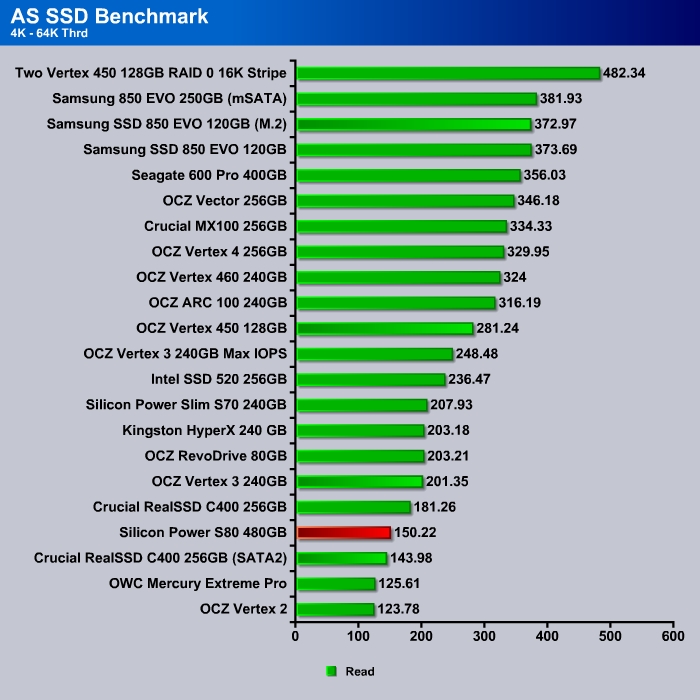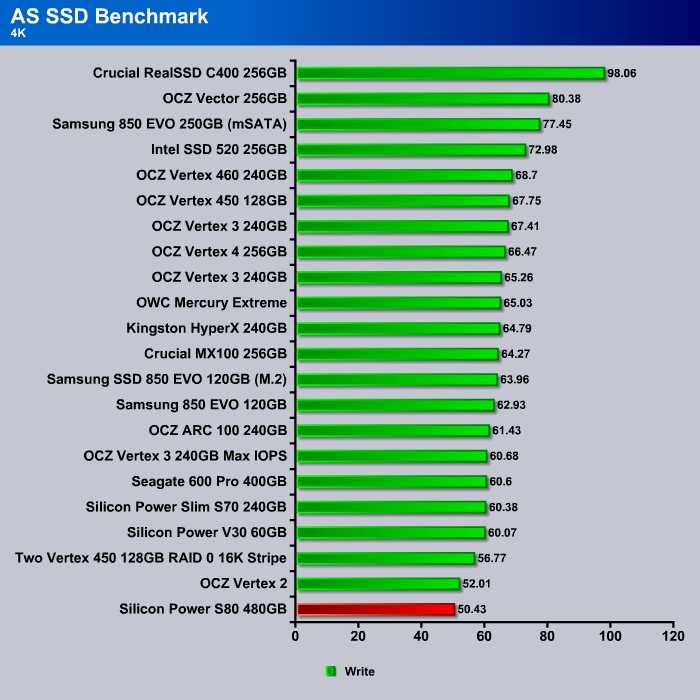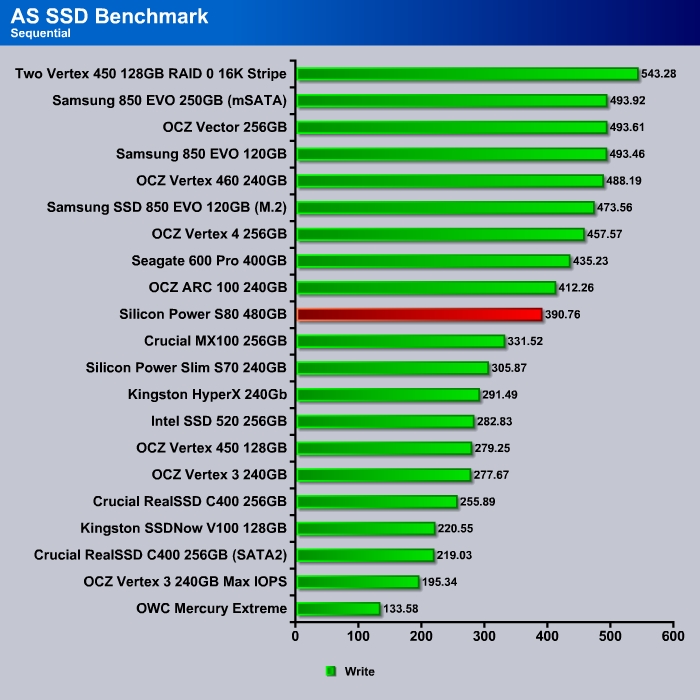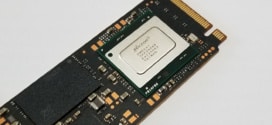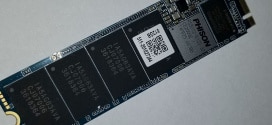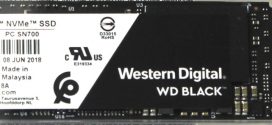TESTING & METHODOLOGY
To test the drive, we cloned our test rig drive to the SSD. It is the same test drive we’ve been using on all of our drive testing and is nothing more than a clean Windows load with all the drive testing software installed, as well as all the current drivers and patches for the OS. It’s the equivalent of doing a fresh load of OS from the disc but takes a lot less time and ensures that every drive tested uses exactly the same OS load and drivers. Nothing that may effect the outcome of the testing procedure can creep in. We ran all of the tests a total of 3 times and averaged those results. The Average of the three results are presented here. In the case of a pictorial benchmark we ran the bench 3 times and picked the median result. As with most SSD testing differences from run to run are minimal and the median result is a good indication of what you can expect from the drive. We ran our usual battery of tests on the drive, and used it as the primary boot drive during testing. All of the drives tested were used as the primary boot drive during testing. That’s a more realistic test than strapping the drive in and testing it with a bare format or as a non-boot drive and it represents real life transfer rates, much like you can expect when you install and operate the drive in your own system. Each test was performed 3 times and the average of the 3 test run is reported here.
Test Setup
| Test Setup | |
| Case Type | None |
| CPU | Intel Core i7 3770K |
| Motherboard | Gigabyte GA-Z77-UD3H |
| Ram | Kingston HyperX 1600 |
| CPU Cooler | Prolimatech Megahalem |
| Storage Drives |
|
| Optical | None |
| GPU | PNY GTX 670 |
| Case Fans | 120mm Fan cooling the mosfet CPU area |
| Docking Stations | None |
| Testing PSU | Cooler Master UCP 900W |
| Legacy | None |
| Mouse | Microsoft Intellimouse |
| Keyboard | Logitech Keyboard |
| Gaming Ear Buds | None |
| Speakers | None |
Iometer
Random read performance for the Silicon Power S80 is good. The drive is fastest among the budget SSDs.
Unfortunately, the drive falls behind the competitors at higher queue depth. While other drives tend to have better performance at higher queue depth, the S80 seems to have saturated at 160 MB/s. Average desktop computer probably would never stress the drive at such high queue depth so it is not something that we would put much of a concern. Though, it is clear that the Phison PS3108-S8-I controller is never meant for high-end server or enterprise market due to its bottlenecking at high queue random read.
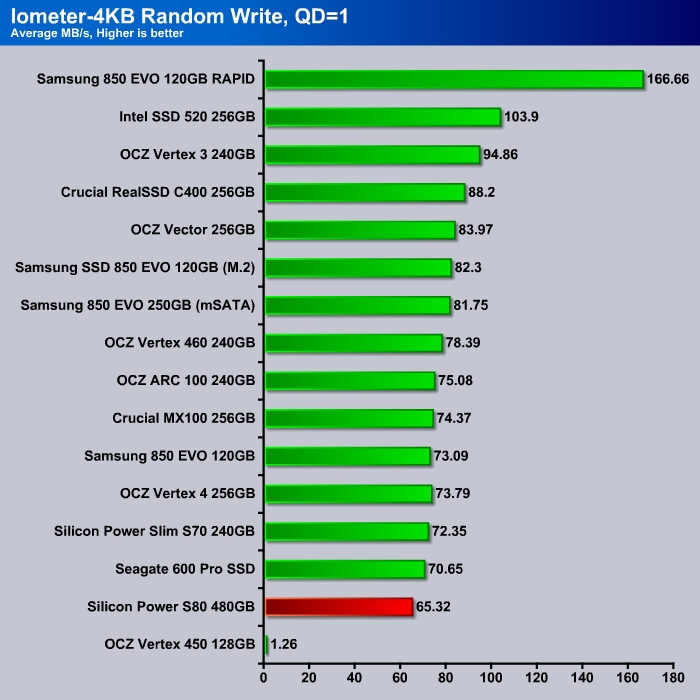
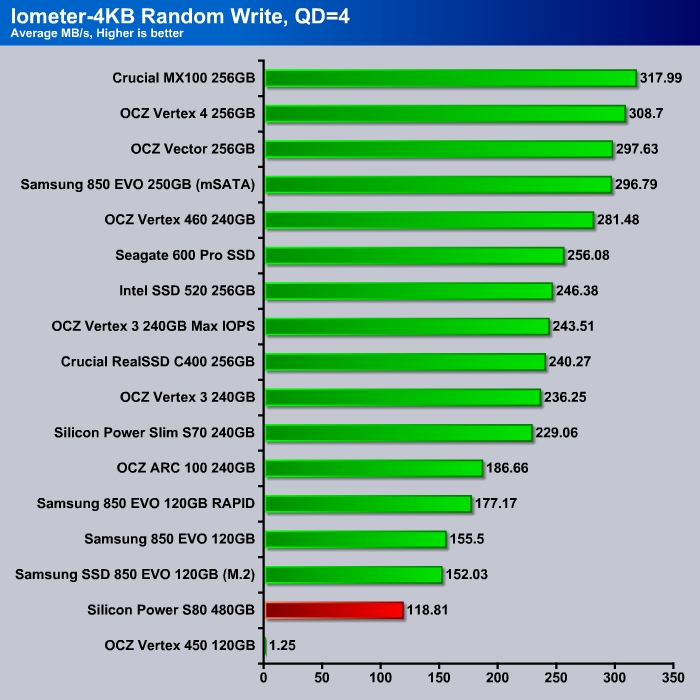
Random write, however, is not working out so great for the drive. Here, the drive is significantly slower than its competitor. At typical desktop workload, the drive manages to only yield 120 MB/s, significantly slower than even some of the 120GB drives such as the Samsung 850 EVO. This is definitely another area where the Phison controller is not able to compete against the more well-known controllers such as SandForce or Indilinx. Notice that many of the older drives are even able to yield better results here.
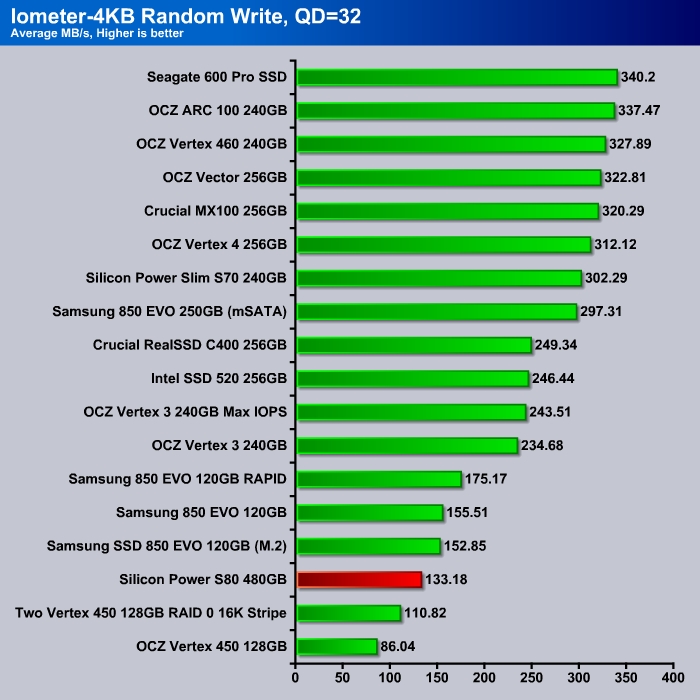
Higher queue random write again is not working great for the Phison controller as it tops off at 133 MB/s.
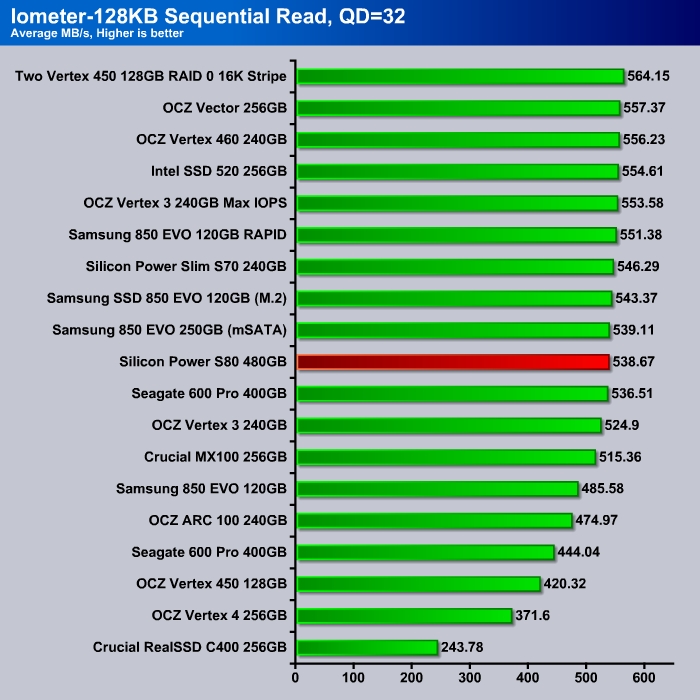
The drive does well in the sequential read with 449 MB/s at queue depth of 1. Even at higher queues, it still manages to performs quite well at 539 MB/s.
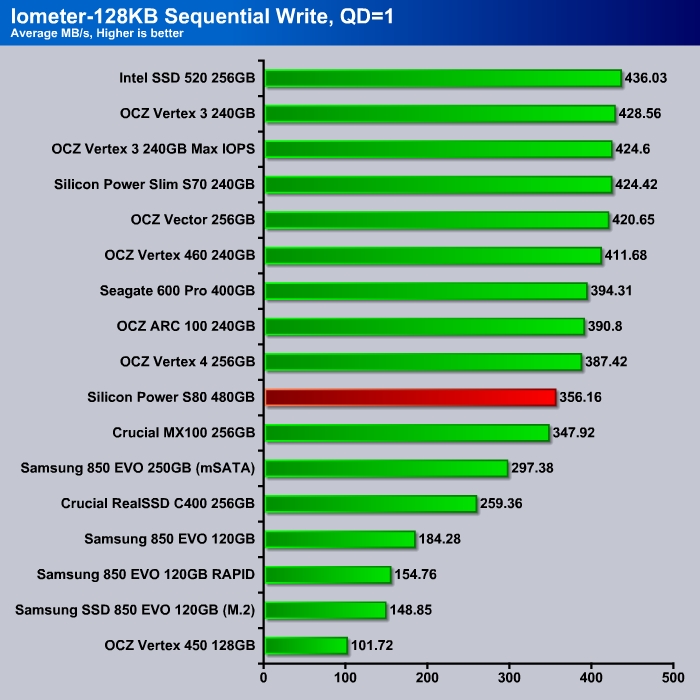

Sequential write, unfortunately, is lagging a little behind the competitors with 356 MB/s at queue depth of 1. Higher queue depth sequential write again is not working great for the drive where it only edges out the 256GB Crucial MX100 by a little and is behind other 250GB drives on the market.
AS SSD
We use AS SSD to assess a drive’s performance dealing with incompressible data. Some controller, namely SandForce, features technology that compress data to reduce write. As far as we know, Phsion does not feature any algorithm to help reduce its write so the performance should be similar between the incompressible and compressible data.

Not a great start for the drive with the random read. The drive is slower than many older drives that we have tested. Most of the current generation budget SSDs are at least 30% to 40% faster than the S80 when dealing with random read.
The performance gap is even wider at higher threads where most current drives are able to perform at double of what the Silicon Power S80 is able to.
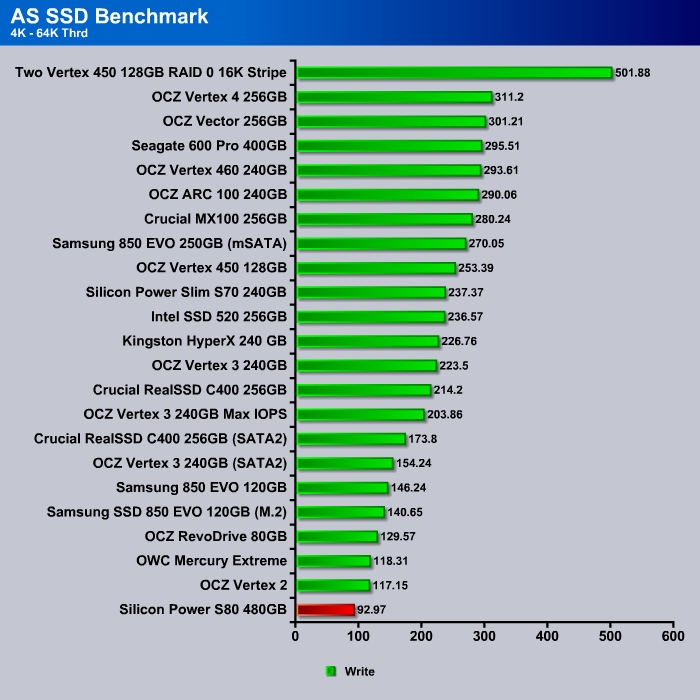
Random write again is the Silicon Power S80’s Achilles’s heel. While the drive is clearly faster than any mechanical drive, it is simply slower than other drives. Most budget drive such as the OCZ ARC 100 or the Crucial MX100 are at least 20% faster than the S80.
it is not all bad news for the S80 as the drive bounces back to the top of the chart in the sequential read.
Though, the sequential write again falls behidn the competitor.
 Bjorn3D.com Bjorn3d.com – Satisfying Your Daily Tech Cravings Since 1996
Bjorn3D.com Bjorn3d.com – Satisfying Your Daily Tech Cravings Since 1996
